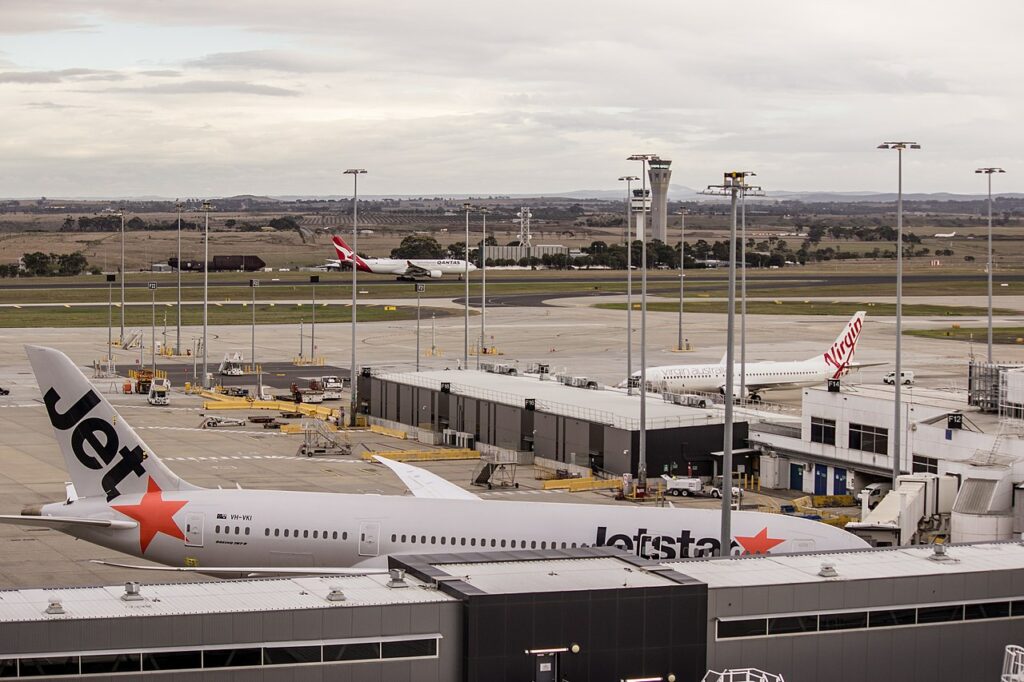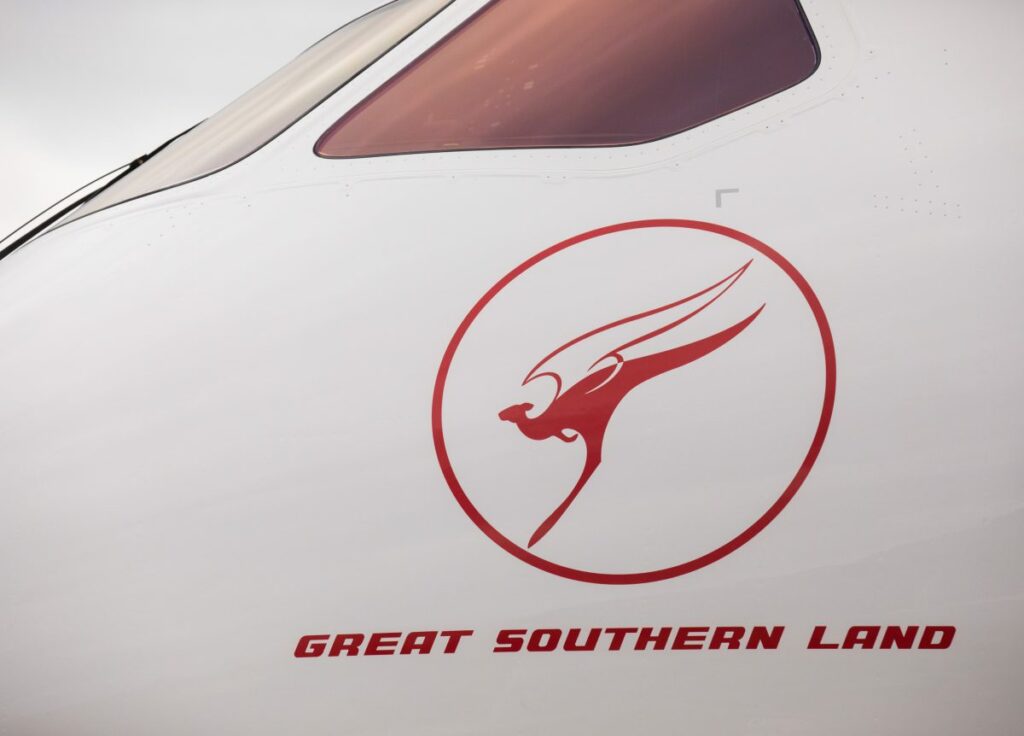In a response to the Australian Federal Government’s Aviation Green Paper, the Qantas Group has issued a statement addressing initiatives for the Australian aviation industry’s next 30 years.
The Group’s submission delves into pivotal reforms and offers insights on customer rights, decarbonization, noise reduction, workforce development, and airport regulation.
Here are some of the key highlights that shape the Qantas vision for the future.
Sustainable Aviation Fuel (SAF)
Decarbonizing aviation is a critical component of Australia’s broader emissions reduction strategy. Recognizing the imminent restrictions on flying to key markets post-2030, the Qantas Group underscores the urgency for action.
While technologies like electric aircraft or green hydrogen are on the horizon, sustainable aviation fuel (SAF) emerges as the linchpin for achieving net-zero emissions by 2050.
[monsterinsights_popular_posts_inline]

The Qantas Group states that it advocates for deliberate policy steps, including:
Setting Sustainable Aviation Fuel Mandates: Proposing a gradual increase, starting with 5% by 2030 and rising to 28% by 2040 in the domestic jet fuel supply.
Capital Support for New Facilities: Recommending financial support to kickstart new SAF production facilities.

Production Incentives: Suggesting incentives linked to carbon reduction, enabling domestic producers to compete globally.
Tax Incentives for Producers: Proposing tax incentives and credits, mirroring successful international models.
The Group’s commitment to a domestic SAF industry not only aligns with environmental goals but also promises substantial job creation, especially in regional Australia.
Emission Reductions through Air Traffic Management
While the Group’s fleet renewal program promises long-term emission reductions, immediate gains can be achieved through small changes in air traffic control and airspace management.
According to their statement, shaving just one minute off Qantas Group flights could collectively reduce emissions by over three million kilograms annually, showcasing the impact of incremental improvements.
Post-COVID Service Transformation
Acknowledging the post-COVID operational challenges, the Qantas Group emphasizes its present commitment to enhancing customer experience.
The Group states that significant improvements have been made in this regard, and ongoing investments in service delivery underscore the current dedication to raising service standards.
Changes to the complaint handling process and the overhaul of the Airline Customer Advocate further demonstrate the Group’s responsiveness to customer concerns.

Airport Reform: Balancing Profitability and Accountability
Australian airports, characterized as effectively unregulated monopolies, prompt a call for reform. The Qantas Group advocates for modest changes within the existing regulatory framework to bring immediate benefits and reduce fares.
Access to an independent dispute resolution mechanism and the implementation of Aeronautical Pricing Principles across all airports are crucial steps to curb undesirable airport behavior.
Supporting reforms to the slot system at Sydney Airport, the Qantas Group dispels notions of hoarding slots and reaffirms its commitment to fair and transparent slot allocation, as recommended by the Harris Review.

Click the banner to subscribe to our weekly newsleter.

Click the photo to join our WhatsApp channel so then you can stay up to date with everything going on in the aviation industry!









